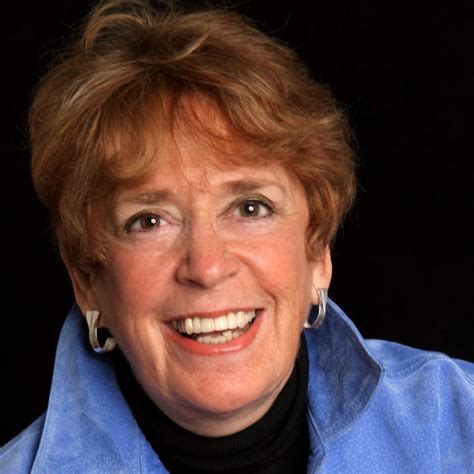A Quote by Rabindranath Tagore
If life's journey be endless where is its goal? The answer is, it is everywhere. We are in a palace which has no end, but which we have reached. By exploring it and extending our relationship with it we are ever making it more and more our own.
Related Quotes
In a world in which we are exposed to more information, more options, more philosophies, more perspectives than ever before, in which we must choose the values by which we will live (rather than unquestioningly follow some tradition for no better reason than that our own parents did), we need to be willing to stand on our own judgment and trust our own intelligence-to look at the world through our own eyes-to chart our course and think through how to achieve the future we want, to commit ourselves to continuous questioning and learning-to be, in a word, self-responsible.
Culture has lead us to betray our own aboriginal spirit and wholeness, into an ever-worsening realm of synthetic, isolating, impoverishing estrangement. Which is not to say that there are no more everyday pleasures, without which we would loose our humanness. But as our plight deepens, we glimpse how much must be erased for our redemption.
It is certain that stealing nourishes courage, strength, skill, tact, in a word, all the virtues useful to a republican system and consequently to our own. Lay partiality aside, and answer me: is theft, whose effect is to distribute wealth more evenly, to be branded as a wrong in our day, under our government which aims at equality? Plainly, the answer is no.
Through fear of knowing who we really are we sidestep our own destiny, which leaves us hungry in a famine of our own making...we end up living numb, passionless lives, disconnected from our soul's true purpose. But when you have the courage to shape your life from the essence of who you are, you ignite, becoming truly alive.
The shortness of life, which we all discuss, but which is very clear to me at the moment, makes keeping and spreading a joyful peace more crucial than ever before. Let us keep our minds on what matters, which is our work, which is astonishment and gratitude. From this quiet magic comes a power for all other new years wishes to come true.
Magic is a sudden opening of the mind to the wonder of existence. It is a sense that there is much more to life than we usually recognize; that we do not have to be confined by the limited views that our family, our society, or our own habitual thoughts impose on us; that life contains many dimensions, depths, textures, and meanings extending far beyond our familiar beliefs and concepts.
The law, for all its failings, has a noble goal - to make the little bit of life that people can actually control more just. We can't end disease or natural disasters, but we can devise rules for our dealings with one another that fairly weigh the rights and needs of everyone, and which, therefore, reflect our best vision of ourselves.
There is provided an escape from the narrowness and poverty of the individual life, and the possibility of a life which is other and larger than our own, yet which is most truly our own. For, to be ourselves, we must be more than ourselves. What we call love is, in truth . . . the losing of our individual selves to gain a larger self.
When we are in love, our love is too big a thing for us to be able altogether to contain it within ourselves. It radiates towards the loved one, finds there a surface which arrests it, forcing it to return to its starting-point, and it is this repercussion of our own feeling which we call the other's feelings and which charms us more then than on its outward journey because we do not recognise it as having originated in ourselves.
Technology today is the campfire around which we tell our stories. There's this attraction to light and to this kind of power, which is both warm and destructive. We're especially drawn to the power. Many of the images of technology are about making us more powerful, extending what we can do. Unfortunately, 95 percent of this is hype, because I think we're powerful without it.
God is not concerned about our plans; He doesn’t ask, “Do you want to go through this loss of a loved one, this difficulty, or this defeat?” No, He allows these things for His own purpose. The things we are going through are either making us sweeter, better, and nobler men and women, or they are making us more critical and fault-finding, and more insistent on our own way. The things that happen either make us evil, or they make us more saintly, depending entirely on our relationship with God and its level of intimacy.







































